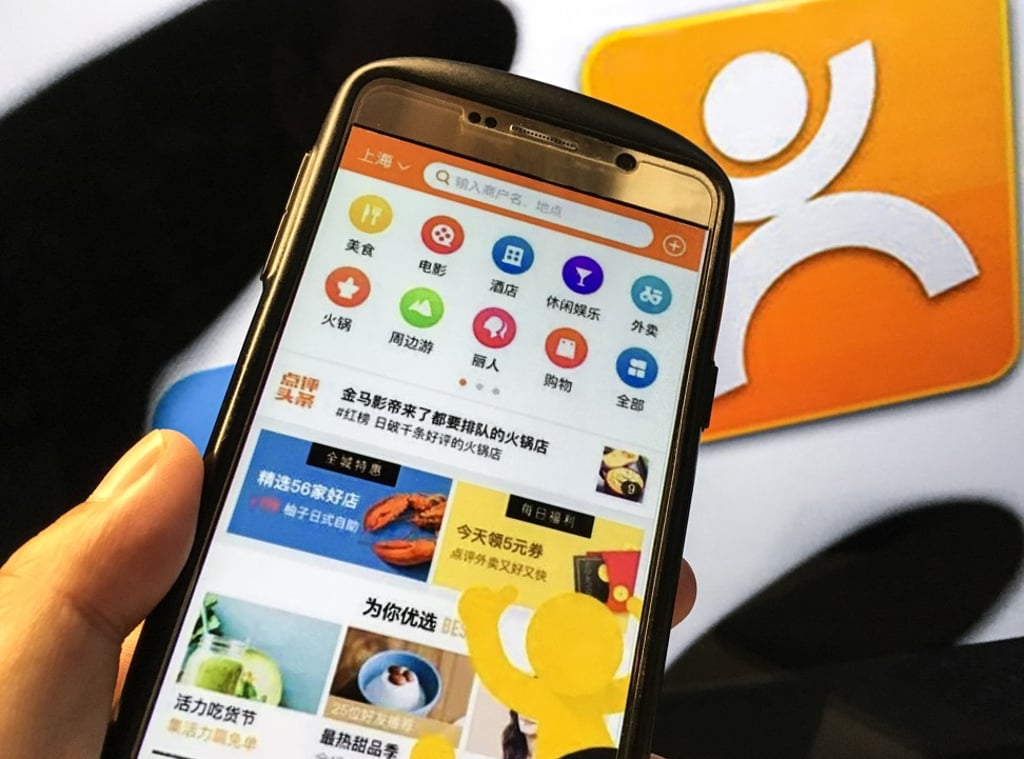Meituan Dianping said to re-enter power bank sharing business
- The operator of China’s leading e-commerce platform for services plans to roll out power bank sharing stations across the country

Meituan Dianping, China’s largest on-demand services provider, plans to re-enter the power bank sharing business, as the loss-making company expands its search for more sources of revenue and boosts user stickiness.
The Beijing-based firm will roll out an unspecified number of power bank sharing stations across the country, according to a report on Monday by Chinese tech news portal LatePost, which cited people familiar with the matter.
Its new power banks will have the same “Meituan Yellow” colour scheme used in the company’s logo and uniforms of delivery personnel, rather than the white-and-green combination used in 2017, the report said.
The company pulled the plug on its power bank sharing scheme in November 2017 just three months after it was launched. Its table-top mobile device chargers were rolled out in cafes and restaurants across a number of cities, including in Shijiazhuang, capital of northern China’s Hebei province, and Qingdao in the eastern province of Shandong.

Meituan Dianping abandoned that operation because of “a lack of synergy with its other businesses”, said Wang Huiwen, a senior vice-president at the company, in an open letter published that same month in 2017.
Hong Kong-listed Meituan Dianping did not immediately respond to KrASIA’s request for comments on Tuesday.